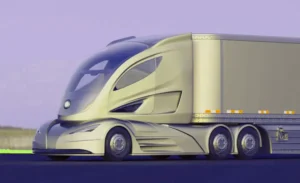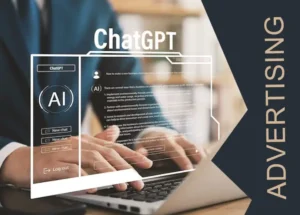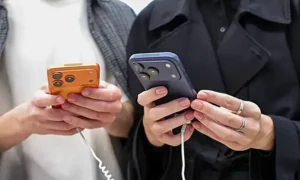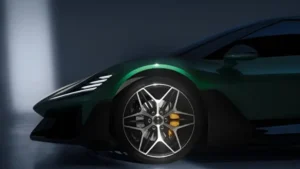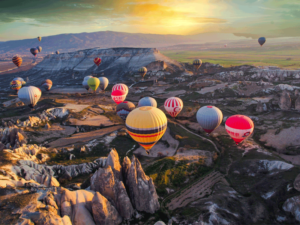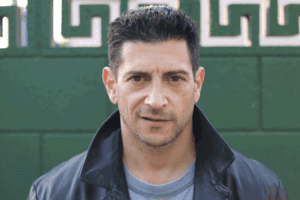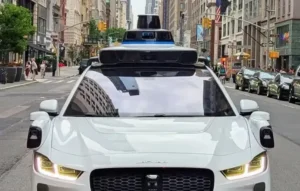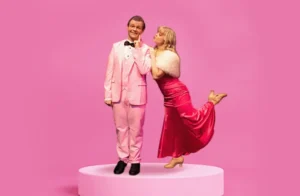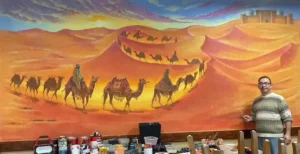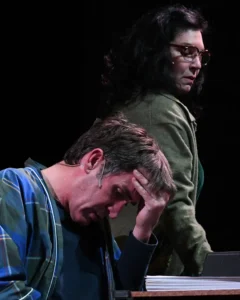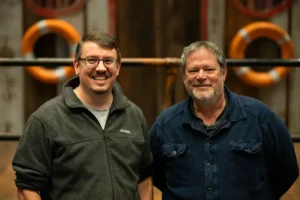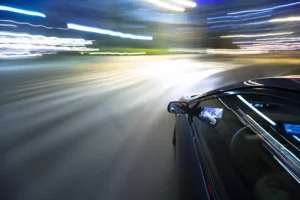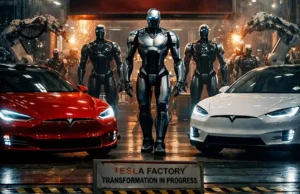Hollywood is undergoing a quiet but profound revolution. After the historic writers’ and actors’ strikes of 2023–2024, one thing became clear: artificial intelligence isn’t just a tool — it’s a new creative force reshaping the very DNA of the film industry.
Today, in 2025, the question isn’t “Will AI replace humans?” but rather, “How will we learn to work with it?”
The line between human creativity and algorithmic assistance is fading fast. And while some see a looming threat, others see the birth of a new kind of cinema.
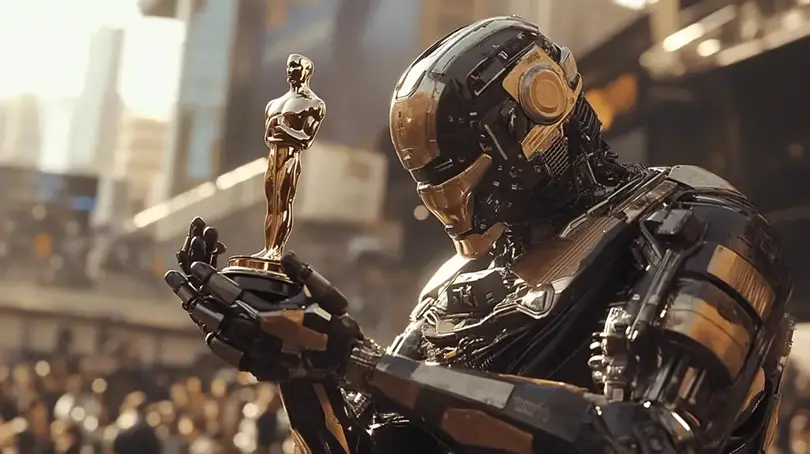
From Fear to Collaboration
In 2023, Hollywood came to a standstill. The Writers Guild of America (WGA) and SAG-AFTRA launched the biggest strikes in decades, driven largely by one concern — artificial intelligence.
Writers demanded guarantees that studios wouldn’t use ChatGPT-like systems to generate scripts without human input. Actors wanted assurance that their digital likenesses wouldn’t be used without consent.
Studios insisted that AI was merely an “assistant,” but writers saw something else: algorithms capable of generating scenes, dialogue, and even entire storylines in minutes.
“We’re not fighting technology,” WGA representatives said. “We’re fighting to keep people at the center of storytelling.”
When the dust settled, Hollywood had to face reality: AI wasn’t going anywhere.
The question now was — who would control it? Studios, writers, or both?
The First Writers of a New Era
Across Los Angeles, AI Writers Rooms are already a thing — virtual spaces where human writers collaborate with language models. AI now helps them analyze story arcs, suggest alternate endings, refine dialogue, and even simulate audience reactions to different edits of a scene.
One such example is Cinetic AI Studios, which recently launched StoryFlow — a platform that tailors scripts for specific audiences: teens, millennials, or even regional markets.
“We’re not replacing writers,” says co-founder Larry Higgins. “We’re expanding their creative bandwidth. AI is like a co-writer who never sleeps and always brings a fresh perspective.”
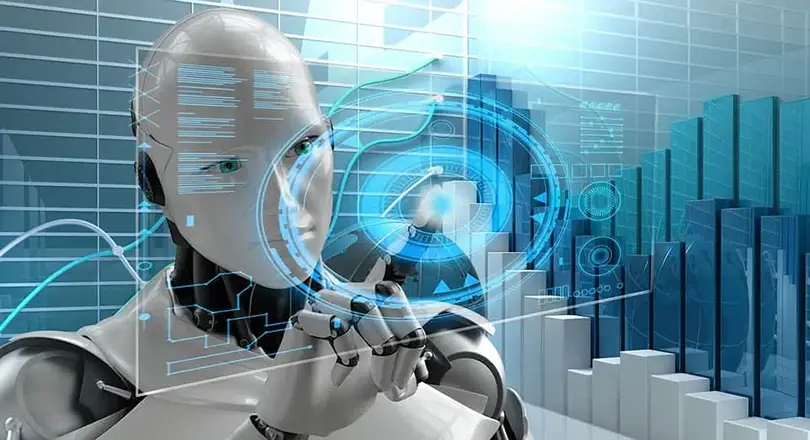
When the Director Is an Algorithm
It’s not just scripts — machine intelligence is seeping into every corner of production. AI can now generate storyboards, create virtual sets, and even adjust lighting and color tones to match a scene’s emotional temperature.
At a recent Santa Monica film festival, a short film titled Echoes of Tomorrow premiered — entirely made with AI, from script and casting to editing.
The film sparked heated debate. Some hailed it as a “breakthrough,” others called it a “cold, soulless experiment.”
But one fact stood out: for the first time in Hollywood history, no human touched the camera — and the result still looked like cinema.
The Actor’s Voice, the AI Face
Among actors, feelings toward AI are deeply mixed.
There’s fear — of losing control over one’s image.
And fascination — with new creative and financial possibilities.
Digital twin technology now allows performers to create perfect 3D replicas of themselves, capable of “acting” in projects without their physical presence.
Actress Rosario Dawson recently signed a deal allowing a digital version of herself to appear in a sci-fi series. She personally oversees the script, voice, and performance of her on-screen twin.
“It’s like having another me,” she says. “Only this one never gets tired, never gets sick, and never shows up late to set.”
This innovation has given rise to a new market — licensed digital presence.
In the near future, actors may earn royalties by licensing their faces and voices across films, shows, and even video games.
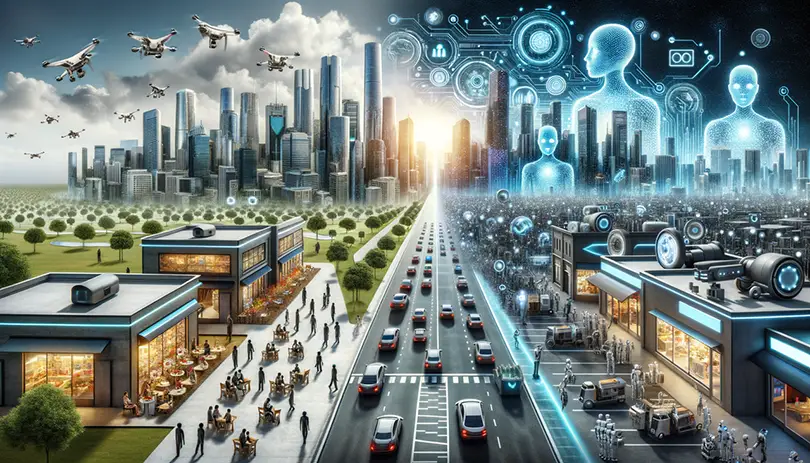
Hollywood’s Business Model Rewired
AI is transforming not just creativity, but the entire economics of Hollywood.
Producers now rely on algorithms to forecast box office performance, optimize casting, and even set production budgets.
A San Francisco startup called PredictAI has built a system that crunches millions of data points — from social media buzz to two decades of box office trends — and can predict a film’s commercial success with up to 85% accuracy.
“It’s not magic. It’s math,” says founder Amit Desai. “For the first time, studios can take smart risks.”
By reducing uncertainty, AI is opening the door for independent filmmakers and new voices who once struggled to get noticed in a risk-averse industry.
A New Ethics for a New Age
But opportunity comes with a moral dilemma.
Who owns a script if parts of it were written by AI?
Can an actor be considered a co-author of their digital twin?
And who gets paid when an AI-generated film becomes a hit?
In 2024, the WGA successfully lobbied for a contractual clause stating that “AI cannot be credited as a writer or co-writer.”
That means every script created with AI must still have a human writer — one who bears authorship and accountability.
Still, legal experts warn that these issues are only beginning. Some producers admit to operating in “gray zones,” using AI for rewrites or “inspiration” without crediting it in the final cut.
Artificial Intelligence and Human Emotion
The ultimate question remains: can a machine truly create emotion?
AI can analyze millions of scripts, design flawless dramatic arcs, and even predict when an audience will laugh or cry. But can it feel the pain, tenderness, or chaos that make stories human?
Los Angeles screenwriter Marian Foster, who worked on the series AI & Me, puts it this way:
“AI can predict when a viewer might cry. But only a person knows why they cry.”
She uses AI for structure and rhythm analysis, even word-frequency data — but the final decisions are always hers.
“AI helps me navigate the data, but it can’t give meaning. That comes from my experience, my memory, my pain — things a machine will never have.”
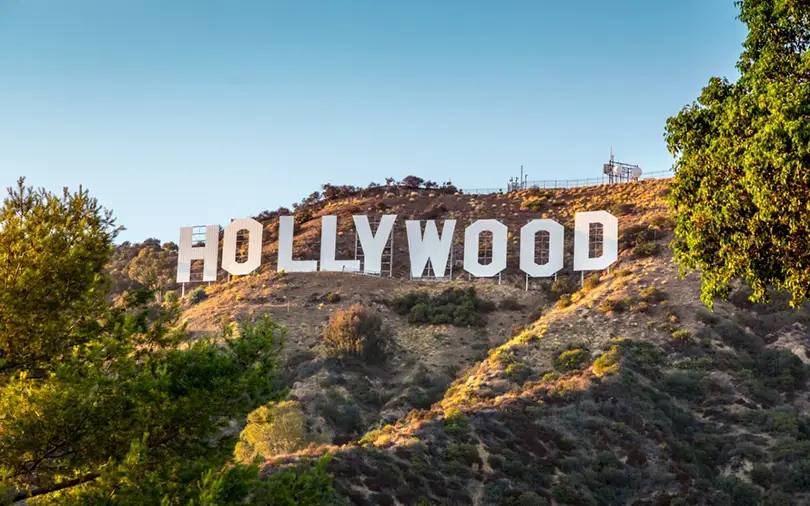
Hollywood 2030: Stories Written Together
Experts predict that within five years, no major film will be made without AI involvement.
But that doesn’t mean humans will vanish from the creative process.
In fact, new jobs are emerging: AI dramaturg, AI editor, AI creative director.
Rather than competition, what’s forming is collaboration.
AI will handle the technical grind — data gathering, trend analysis, script optimization — while humans remain the heart and soul of storytelling.
Hollywood and the California Spirit
California has always been where art and technology collide.
From Disney studios to Silicon Valley garages, this state has birthed ideas that redefine the future.
So it’s only fitting that the next era of cinema began here — one where artificial intelligence doesn’t replace the artist, but partners with them.
Hollywood isn’t losing its soul — it’s evolving.
The films of tomorrow may be shaped by algorithms, but they’ll still be inspired by people.
Epilogue
Cinema has always been driven by technology — first sound, then color, then CGI.
Each breakthrough brought disruption, and each time, a new artistic language was born.
AI is simply the next chapter.
What that chapter looks like depends not on code, but on the human behind the keyboard.
And if Hollywood has taught us anything over the last century, it’s this: even the most advanced technology means nothing without emotion.
Because in the end, audiences don’t come to the movies for algorithms — they come for feelings.

